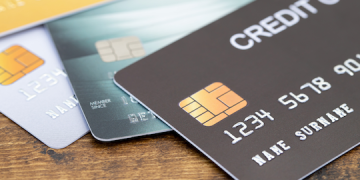A number of African countries, including Kenya, Egypt, Zimbabwe, Nigeria, Ghana and Zambia, are currently experiencing shortages of US dollars. The dollar is the dominant currency in international transactions. These countries rely on the US currency to pay for foreign debts, essential goods and industrial inputs. Development economist Christopher Adam explains to The Conversation Africa’s George Omondi what causes US dollar shortages and how they can be remedied.
What is a dollar shortage?
Global trade is conducted in the currencies of the world’s major economic powers, principally the US dollar, the European Union’s euro, the Japanese yen and, to a lesser extent, the Chinese renminbi and the UK’s pound sterling. Individuals, firms and government elsewhere in the world need these currencies to import goods and services and make other payments overseas.
A dollar shortage is simply a situation where the demand for this foreign currency exceeds the available supply, at the current exchange rate.
Depending on how the exchange rate is determined, a dollar shortage will present itself in different ways.
In countries operating a fixed exchange rate regime – where the national currency is pegged to a hard currency – the shortage may be physical. The banks that normally supply their customers with dollars may simply have none to sell or are forced to ration their limited stock.
But most countries today operate some form of flexible exchange rate. Their central banks don’t intervene in support of a particular exchange rate. Here, there may be no actual shortage. Dollars may still be available but can only be purchased at a higher cost. There’s a shortage only in the sense that the same amount of domestic currency buys fewer imports.
Even with a fixed exchange rate, dollars can usually be obtained on the parallel or black market, though at a less favourable exchange rate. It takes more of the domestic currency to buy the hard currency.
The domestic currency’s loss of value against the US dollar is often taken as an indicator of the severity of the dollar shortage.
What causes dollar shortage and what are the impacts?
The immediate cause of a dollar shortage is a deterioration in the country’s balance of payments, meaning a country’s financial transactions with the rest of the world. This might be due to some unexpected event like a natural disaster that destroys a country’s dollar-earning tourism sector. It could also be due to increased demand for essential imports such as food and medicines. Other causes include an increase in debt service payments falling due and a fall in remittances from workers abroad. The worsening balance of payments may also reflect deterioration of the country’s terms of trade meaning the value of what a country exports relative to what it imports.
World prices are determined by the actions of the large economies of the world. Small economies – including most developing countries – are price-takers: they have little or no capacity to alter their terms of trade.
What’s behind the current dollar shortage in Africa?
Many African countries now face a combination of disrupted exports and worsening terms of trade. Exports grew substantially in the later 2010s because of high and rising world prices for primary products. Then the 2020s opened with a series of shocks that have contributed to the dollar shortage.
COVID-related lockdowns and the associated global recession drove down prices for many of Africa’s key exports. Tourism – an important source of dollar earnings – came to a halt. The resurgence of global inflation and the resulting tight monetary policy (higher interest rates) have driven up prices for key imports and the cost of foreign borrowing.
On top of this, prices for oil, food and fertiliser spiked when Russia invaded Ukraine. Rising oil prices ease dollar shortages for oil producing countries such as Angola and Nigeria but have an adverse impact on other countries.
The effect is stark. When imports are fewer and more expensive, prices rise and spending falls. When the squeeze on imports reduces investment, there is lower growth and less economic progress.
Can the dollar shortage be avoided?
The only sure-fire way to avoid a dollar shortage is self-sufficiency – referred to in economics as autarky. But this is not a realistic option and certainly not for countries at early stages of development. Low-income developing countries need not just essential imports like food, fuel and medicines. They also need imported capital goods and intermediate inputs to develop their own productive capacity.
Over the medium term, as countries become able to produce more of the goods and services people want and need, they will depend less on imports. And they will be able to export more. Their vulnerability to periodic dollar shortages will ease. But this will take time.
Dollar inflows from trade, supported by remittances and aid inflows, may be temporarily augmented by foreign direct investment and dollar borrowing from official and private lenders. But capital inflows must eventually reverse as debts are repaid and foreign investors seek dividends and repatriation of their capital. If well used, though, capital inflows can support the export-led growth strategies that the most successful developing countries have pursued.
What should be done?
The moderation of global inflation and the recovery of global growth are likely to bring an improvement in the terms of trade and the recovery in export demand. There is little domestic policymakers can do about this but wait.
While they do so, they can take policy measures to address the immediate reality of the dollar shortage. Few of these measures are easy.
The usual advice is to cut public spending. That will reduce the demand for imports. It’s politically difficult. Governments are also usually advised to encourage the production of exports and import substitutes. That is challenging and takes time.
Effective adjustment therefore will also rely on external support. This means new and additional balance of payments support from the international financial institutions and multilateral development banks. And it means debt-restructuring initiatives such as the G20’s Common Framework mechanism.
Periodic dollar shortages are an enduring fact of life for many low-income countries, even as growth and development mean they are likely to become less frequent and less severe over time. The current pressures experienced by some countries in Africa are certainly severe, but these can be managed if countries maintain the high-quality macroeconomic management that they have developed over the last decade, especially if this domestic economic discipline is accompanied by decisive support from the international financial institutions and external development partners.![]()




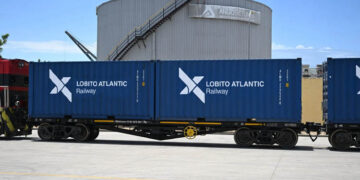

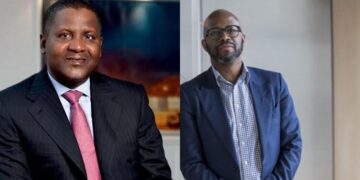




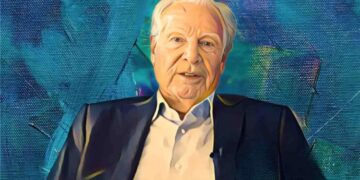


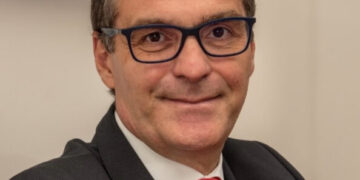
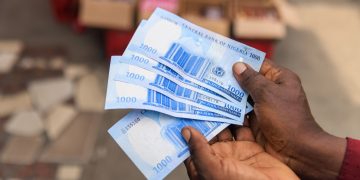
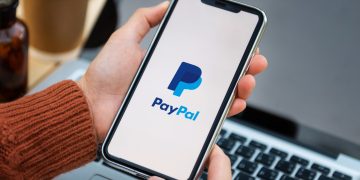

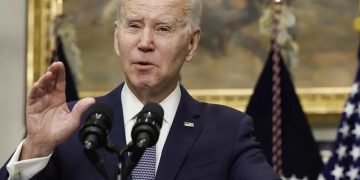
![[Kenya] Digital credit provider Tala disbursed Sh240 billion in loans in eight years 19 [Kenya] Digital credit provider Tala disbursed Sh240 billion in loans in eight years](https://theafricanbusiness.com/wp-content/uploads/2023/02/TALA-APP-360x180.jpg)

